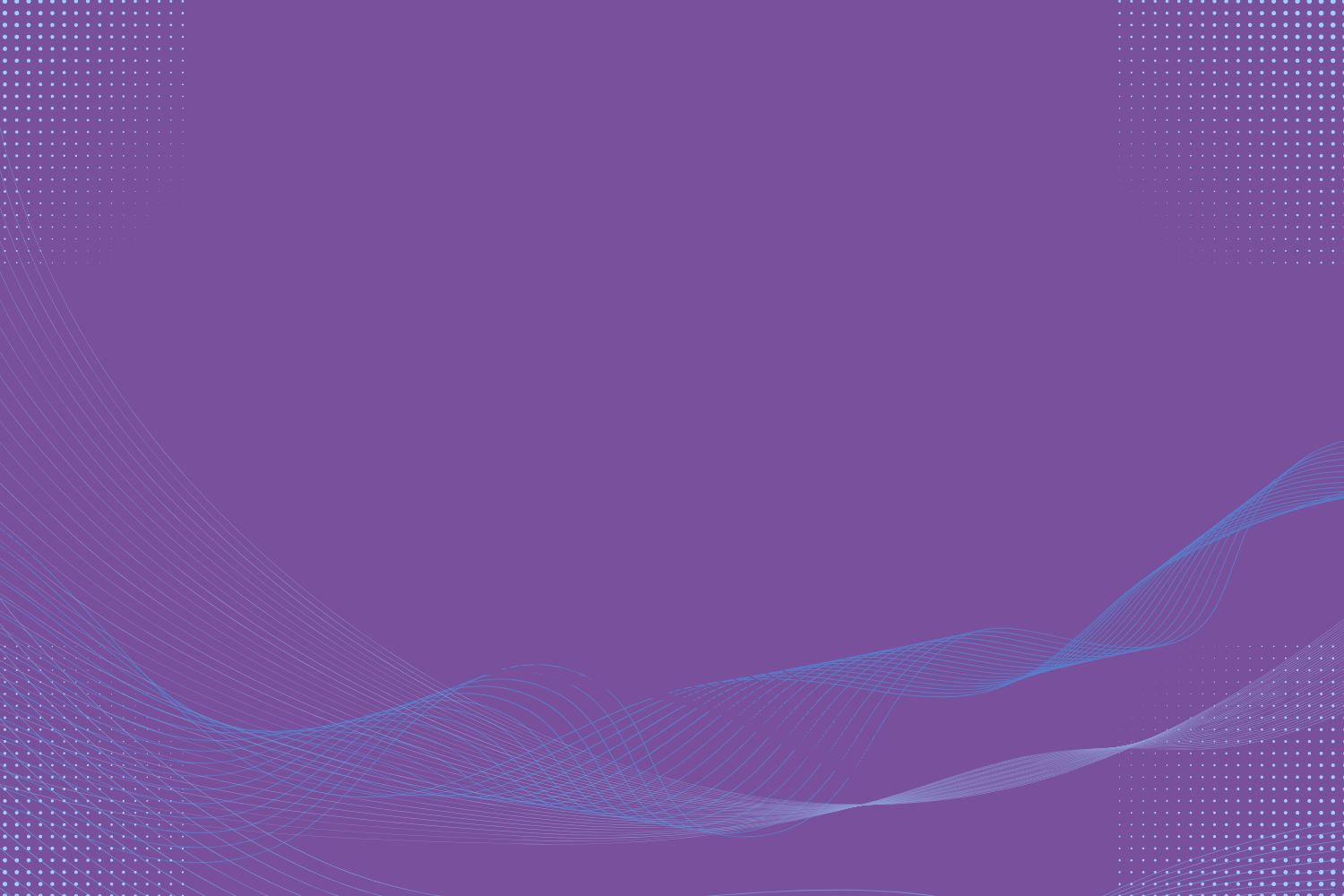Get Involved
Thanks for sharing your appreciation for our amazing frontline NHS and key workers
When the Clap for Our Carers movement took off in the UK in March 2020, healthcare staff themselves quickly became an important part of its emotional impact.
While the public gathered outside homes and on balconies to applaud every Thursday at 8 pm, many NHS workers and key staff also actively participated, both during their shifts and off duty, sharing moments of solidarity, gratitude, and even relief from the relentless pressure they were facing.
In hospitals across the UK, staff often paused their duties when possible to step outside emergency rooms, wards, and intensive care units to acknowledge the support.
Scenes of doctors, nurses, paramedics, cleaners, porters, and admin workers standing together outside hospitals became some of the most moving images of the pandemic. Retail brands in the UK began to offer an NHS discount to staff. In some areas, entire hospital teams lined pavements, clapping back at their communities, waving and sometimes visibly emotional at the outpouring of appreciation.
Many staff members shared these moments on social media, posting photos and videos under hashtags like #ClapForOurCarers and #ThankYouNHS.
These posts offered glimpses into how much the gestures meant to those working on the front lines, even as many reminded the public that clapping should be accompanied by real action, such as staying home, supporting funding for healthcare, and pushing for better protections for workers.
Some ambulance crews and fire services joined in by driving slowly past hospitals, flashing their lights and sounding sirens during the 8 pm claps, creating a sense of unity across all essential services. In care homes, staff filmed their residents joining the applause, reinforcing how widespread the movement had become.
While healthcare workers appreciated the emotional lift from the public support, many also used the platform to call attention to issues they were facing, from shortages of PPE (personal protective equipment) to the overwhelming mental strain of battling the virus daily.
In this way, Clap for Our Carers was not just a celebration, but a conversation starter, one that allowed NHS staff to be seen, heard, and better understood during one of the most difficult periods in modern history.
